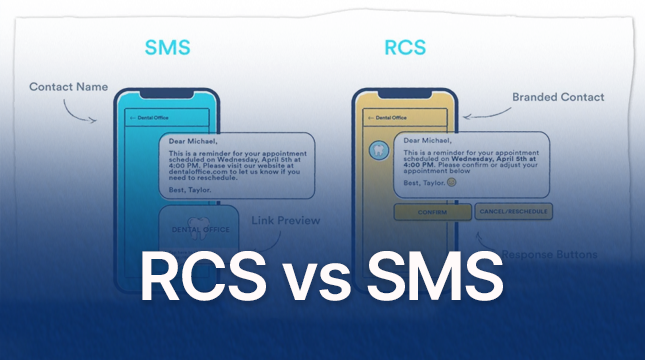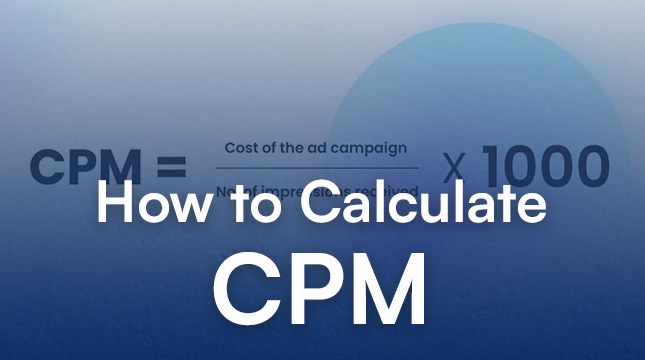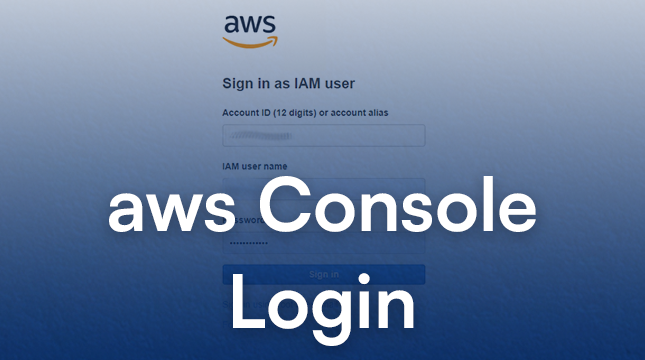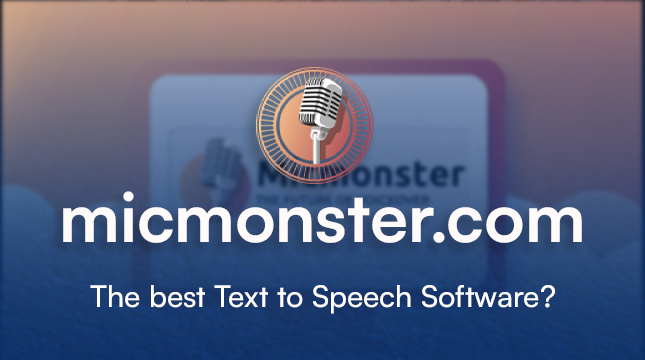This website uses cookies so that we can provide you with the best user experience possible. Cookie information is stored in your browser and performs functions such as recognising you when you return to our website and helping our team to understand which sections of the website you find most interesting and useful.
RCS vs SMS: Which Is Better for E-commerce Marketing?

In the realm of digital communication, the battle between RCS (Rich Communication Services) and SMS (Short Message Service) has intensified, particularly for e-commerce businesses. Both offer ways to reach customers directly, but their capabilities and effectiveness can differ significantly. Let’s delve into the key differences between RCS and SMS and explore how each can impact your e-commerce marketing strategy.
What is SMS?
SMS, or Short Message Service, is the standard text messaging service used worldwide. It allows users to send short messages (up to 160 characters) to other mobile phones. SMS is widely supported, works on all mobile devices, and doesn’t require an internet connection. It’s a reliable and straightforward way to communicate with customers.
What is RCS?
RCS, or Rich Communication Services, is the next generation of SMS. It offers enhanced features like images, videos, read receipts, and interactive buttons. RCS works similarly to messaging apps like WhatsApp and Facebook Messenger but operates within the default messaging app of the mobile device. Unlike SMS, RCS requires an internet connection, but it provides a much richer user experience.
RCS vs SMS
|
SMS |
RCS |
|
| Rich Media Support | Limited to text and basic multimedia via MMS (Multimedia Messaging Service). | Supports images, videos, GIFs, carousels, and more, allowing for more engaging content. |
| Interactivity | Basic interactivity with links or phone numbers. | Advanced interactivity with buttons, carousels, and chatbots, making it easier for customers to engage with your brand. |
| Delivery and Read Receipts | Delivers messages without confirmation if the recipient has read them. | Offers delivery and read receipts, giving you more insights into customer behavior. |
| Cost | Typically cheaper, especially for international messages. | Can be more expensive but offers a better return on investment due to its enhanced features. |
| Device Compatibility | Works on all mobile devices. | Requires a compatible device and carrier support, which may limit its reach. |
Benefits of RCS for E-commerce Marketing
- Enhanced Customer Engagement: The rich media and interactive features of RCS can significantly boost customer engagement. Imagine sending personalized product recommendations with images and buy buttons directly in the message.
- Improved Conversion Rates: With the ability to include videos, carousels, and interactive elements, RCS messages can drive higher conversion rates compared to traditional SMS.
- Branding Opportunities: RCS allows businesses to brand their messages with logos, colors, and custom designs, providing a more cohesive brand experience.
- Analytics and Insights: The read receipts and other engagement metrics available with RCS offer valuable insights that can help you refine your marketing strategies.
When to Use SMS in E-commerce Marketing
While RCS offers many advantages, SMS still has its place in e-commerce marketing. For instance:
- Wider Reach: If you want to reach a broad audience, especially in regions where RCS is not yet widely supported, SMS is the better choice.
- Time-Sensitive Alerts: For urgent notifications like order confirmations, delivery updates, or time-sensitive promotions, SMS is still the most reliable option.
- Cost-Effective Campaigns: If you’re running a campaign on a tight budget, SMS might be more cost-effective, especially for bulk messaging.
Conclusion: RCS or SMS—Which Should You Choose?
The choice between RCS and SMS depends on your business needs, target audience, and budget. RCS offers a richer, more interactive experience, making it ideal for enhancing customer engagement and driving conversions. However, SMS remains a reliable, cost-effective option with a broader reach.
For e-commerce businesses looking to stay ahead of the curve, integrating RCS into your marketing strategy could provide a significant competitive advantage. However, it’s essential to assess your audience’s device compatibility and ensure you’re ready to leverage the full potential of RCS.
In the end, the best approach may be a combination of both RCS and SMS, using each for what it does best to create a comprehensive, effective messaging strategy for your e-commerce business.

Let's Start Your Project
Get free consultation for your digital product idea to turn it into reality!
Get Started






